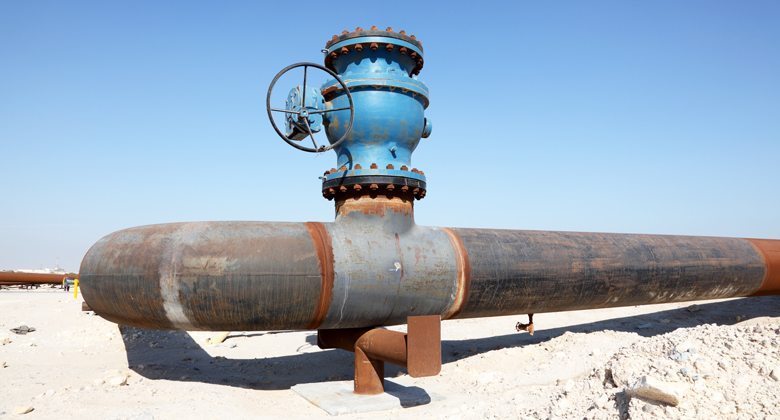

Under current plans, the first phase of Iraq’s Common Seawater Supply Project (CSSP) will supply 2.5 million barrels of water a day, according to industry sources.
The first phase has a budget of around $2.5bn and has been split into two packages. One package consists primarily of a water treatment plant, the other of pipelines.
“These two packages will be executed in parallel,” says a source close to the project.
Four companies have submitted technical bids for the water treatment plant package. A deadline for commercial bids has not yet been announced, but is expected to be some time in the next two to three months.
The tender for the pipeline package has not yet been launched.
Under current plans, a second phase will double the capacity of the CSSP, bringing the total capacity to 5 million barrels of water a day. The estimated budget for the second phase of the project is also $2.5bn.
State-owned Basra Oil Company (BOC) is the project client.
“Currently BOC is fully focused on the first phase of the project,” says an industry source. “It is not known at what date focus will shift to the second phase.”
The tender process for the first phase of the CSSP is progressing despite a breakdown in talks between US-based ExxonMobil and Iraq. The parties have been discussing partnering on the project for more than two years.
Colorado-based CH2M is currently project management consultant (PMC) on the CSSP.
The project will provide the operators with water to inject into the oil reservoirs to increase pressure and boost recovery. It will also free up fresh water for use by the local population.
Under the original plans, the CSSP was due to have a budget of $13bn and the capacity to deliver 12.5 million barrels a day (b/d) of seawater through 426 kilometres of pipeline, including eight interconnecting stations and 10 delivery stations. Since then, the scale of the project has been significantly scaled back.
The CSSP has suffered several setbacks since it was first conceived. Originally led by ExxonMobil, responsibility for the project was transferred to US-based CH2M in a $170m deal in late 2012.
A front-end engineering and design (feed) study on the pipelines to transport the seawater to oil fields was carried out by Austria’s ILF Consulting Engineers, with the group announcing the contract in December 2014. Separate feed studies were completed in 2016 by US-based Parsons. These concerned water intake and outfall structures, a shipping channel, offloading facility, seawater treatment facility and a gas turbine power plant.
You might also like...

TotalEnergies to acquire remaining 50% SapuraOMV stake
26 April 2024

Hyundai E&C breaks ground on Jafurah gas project
26 April 2024

Abu Dhabi signs air taxi deals
26 April 2024

Spanish developer to invest in Saudi housing
26 April 2024
A MEED Subscription...
Subscribe or upgrade your current MEED.com package to support your strategic planning with the MENA region’s best source of business information. Proceed to our online shop below to find out more about the features in each package.




